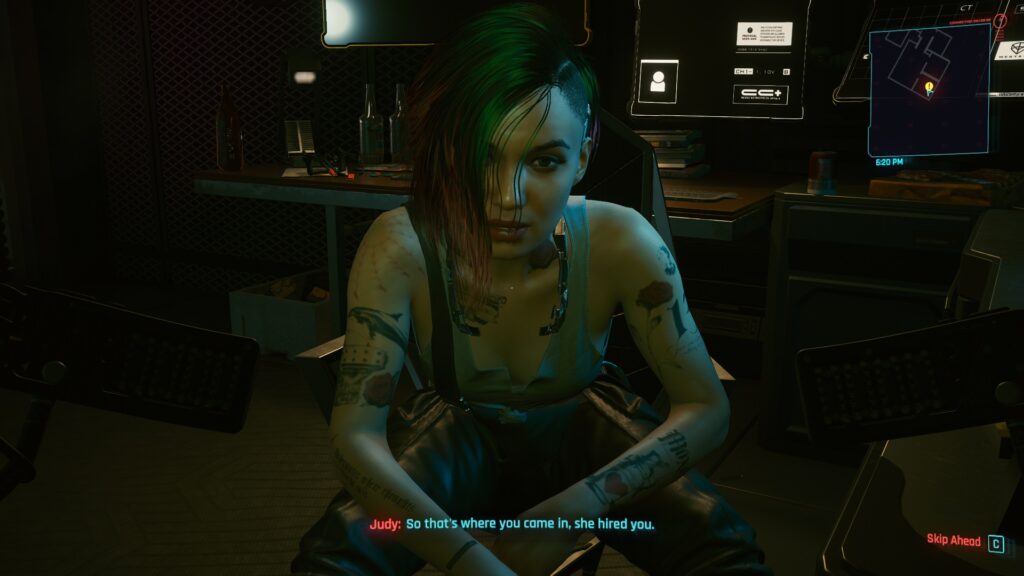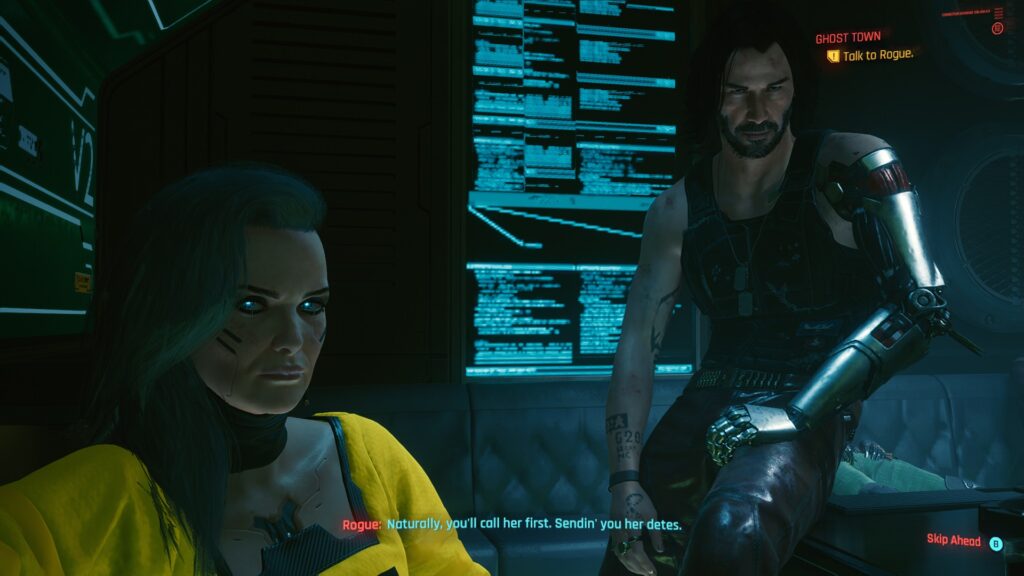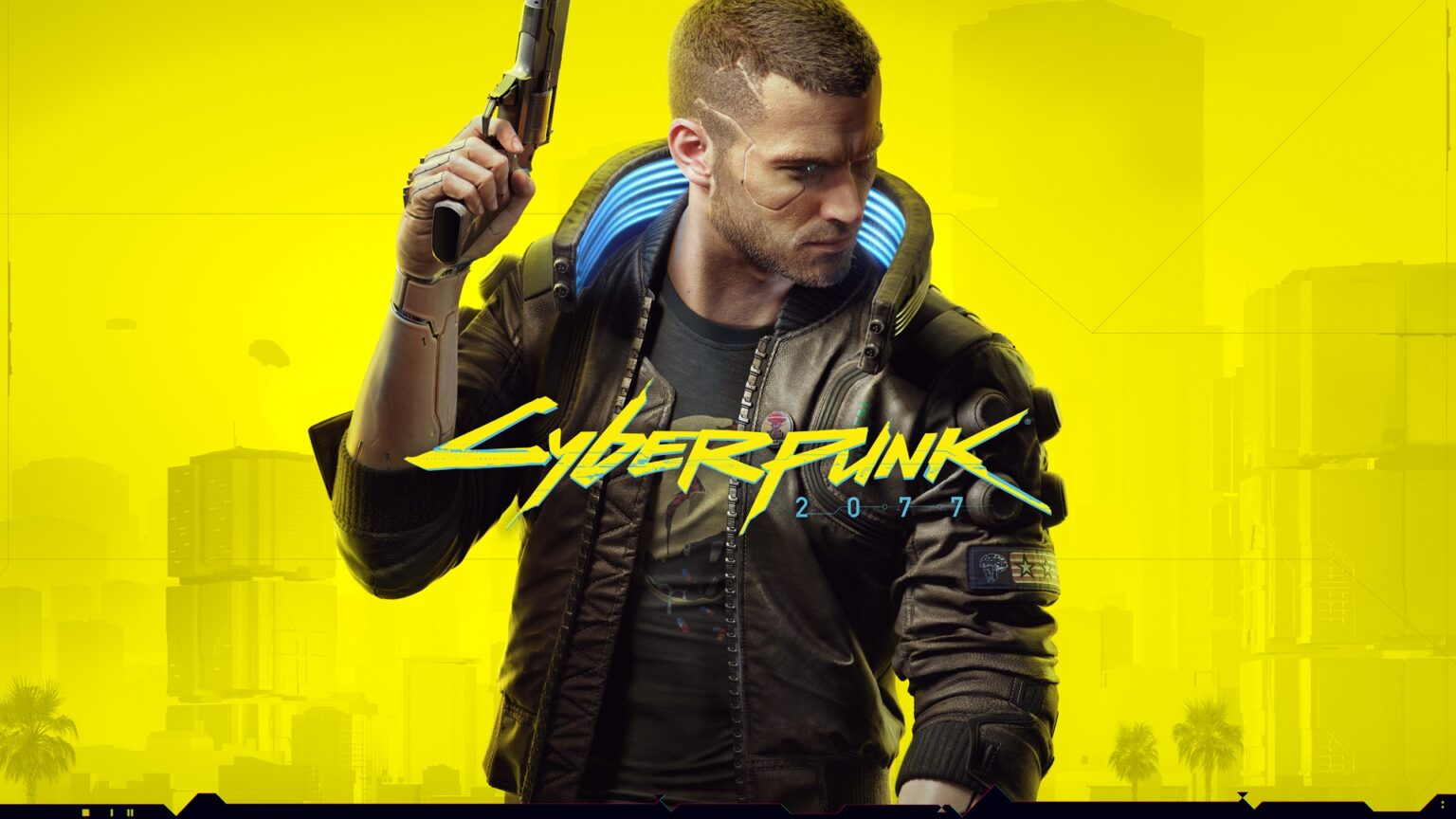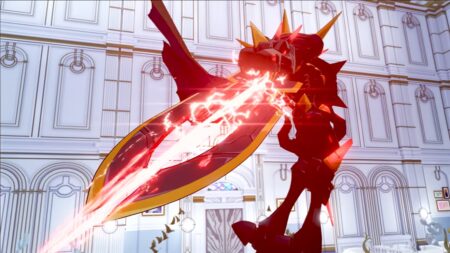“This city’s always got a promise for you. It might be a lie, an illusion, but it’s there, just around the corner.” says protagonist V in the original E3 2018 teaser for Cyberpunk 2077. “It’s a city of dreams, and I’m a big dreamer.” These words neatly represent the spirit of CD Projekt RED’s much-hyped, long in development and eagerly anticipated open-world RPG. And although reviews are already out, it’s only during launch week that I’ve had the opportunity to put 20 hours into Cyberpunk 2077.
Cyberpunk 2077 represents CD Projekt RED’s greatest moonshot to date. The studio has crunched hard to realize a living, breathing city. It is driven by a relentless commitment to style. It promises the opportunity to carve your own path in a world of oppressive corporations that’s populated by a feral citizenry just trying to survive. I’m struck by its ambitions, even though the human cost of realizing those ambitions is unacceptable.
Unfortunately, the game’s ability to meet its ambitions are submerged beneath a layer of technical oversights and questionable choices. I’m playing on PC on medium settings @ 1080p, so I’m not talking about the subpar experience plaguing current-gen consoles. Rather, I’m referring to how the game’s potential is marred by carelessness. I’d very much like Night City to make good in its threat to swallow me whole but little things keep taking me out of the experience.

The good news about Cyberpunk 2077 is that it’s genuinely fun. The main quest chain is a thrill a minute experience that shamelessly copies from the genre’s most celebrated works. There’s a little Neuromancer, a lot of Blade Runner, there’s even a bit of Johnny Mnemonic in here. They even got cyberpunk cinema’s most favored son Keanu Reeves and that’s worth a dry chuckle. The devs are obvious fans of the genre even if they don’t consistently demonstrate a finer understanding of its themes and politics.
I’ll reserve full judgment until after I put significantly more time into it, but the deeper I get, the more Cyberpunk 2077’s troubled development becomes apparent. I’m fortunate enough that my experience with bugs has been minimal so far. The cars I meet on the road aren’t always fully rendered and there’s some pop-in when it comes to environmental objects, but these are issues common to massive open worlds. What truly afflicts Cyberpunk 2077 is a care for all the tiny details and not nearly enough time and resources to finish them all.
There are hundreds of collectibles to read that supply a wealth of lore about the troubled history of Night City, the power brokers who shaped it, and the legends that tried to make a difference. These stories make it feel like a real place, but not one you can actually engage with. It’s all set dressing, a place that gives you a lot to look at while you are talking, sneaking, driving, and shooting. Don’t expect to do much at the dozens of diners, pachinko parlors, stores that litter this megalopolis.
That’s not a particularly damning realization when held up against many other AAA videogames but it is a sobering one when held up against the expectations built up for Cyberpunk 2077. Fortunately, CD Projekt RED’s strongest asset — their ability to build exciting quests out of interesting stories — carries over from The Witcher 3: Wild Hunt. There are few moments of emergent gameplay at work, but the scenarios presented by the quest designers always take you somewhere interesting.

Cyberpunk 2077 fulfills the promise of many RPGs of letting you choose your course of action. You can sneak your way into heavily guarded body chop shops, shoot your way through a braindance nightclub and use your hacking skills to get out of a heist gone pear-shaped. Each quest is broken up into different parts that let you experiment with your approach, and in the early game, it’s best to bank stat points and spend them when you decide you need them.
Stealth isn’t really well developed in Cyberpunk 2077, depending on smart movement to avoid the line of sight but with few options for distractions if you haven’t invested in hacking. It’s in the gunplay where Cyberpunk 2077 feels the most satisfying. While it’s not quite the best in class when held up against dedicated shooters, it feels punchy and snappy, and the guns are responsive, more so if you invest in the various perks that reduce recoil and reload times.
I’m enjoying my time with Cyberpunk 2077. There is a multitude of technical annoyances and underdeveloped aspects to its world, to say nothing of treatment of the genre I don’t particularly agree with, but there’s still a lot more game for me to discover. I’ll be presenting my complete thoughts on the game with a review at a later date.






